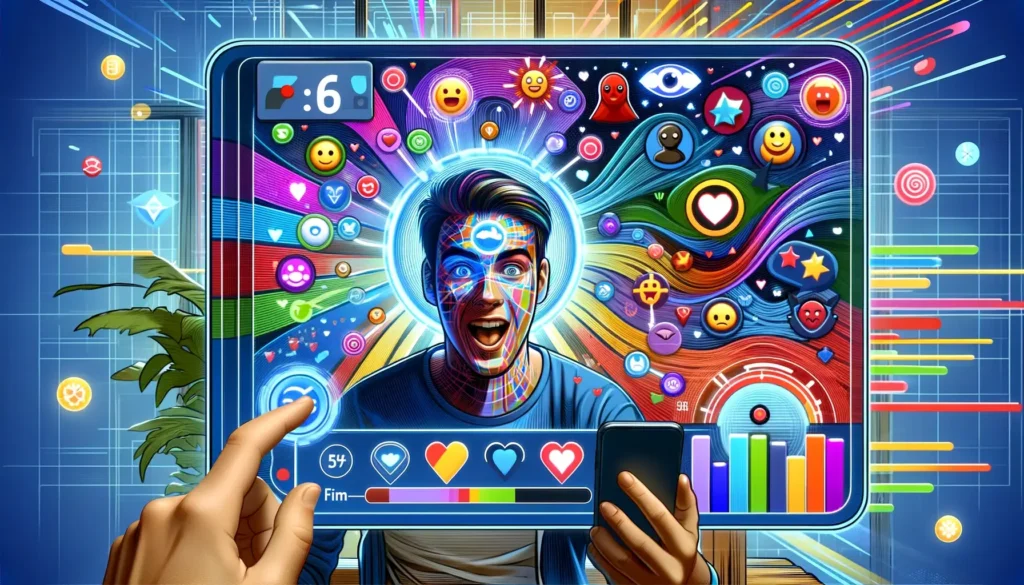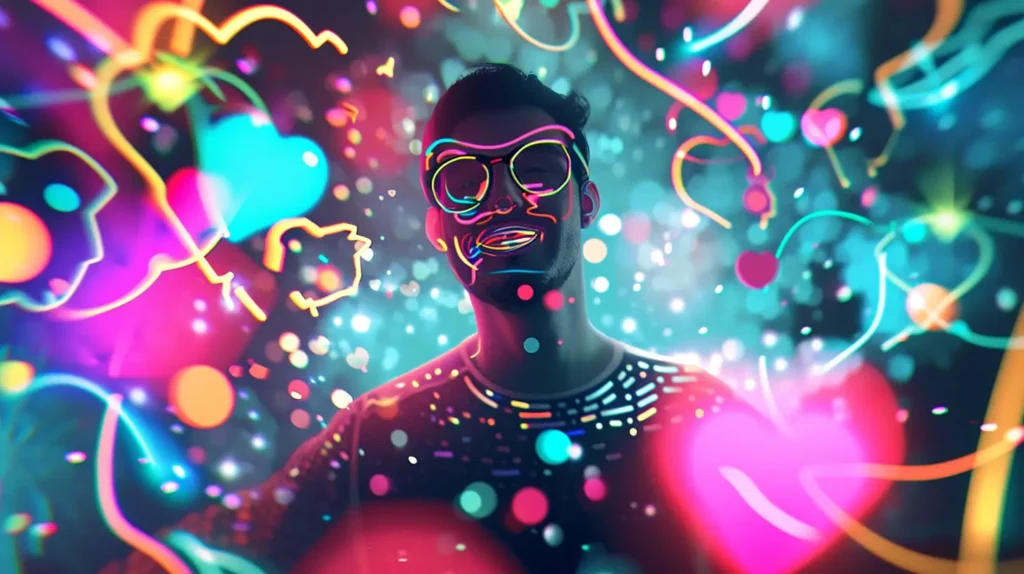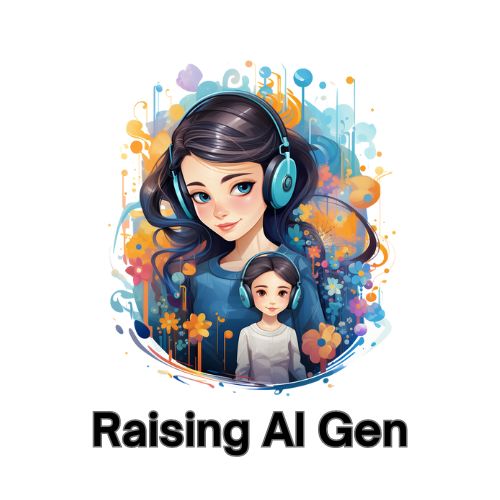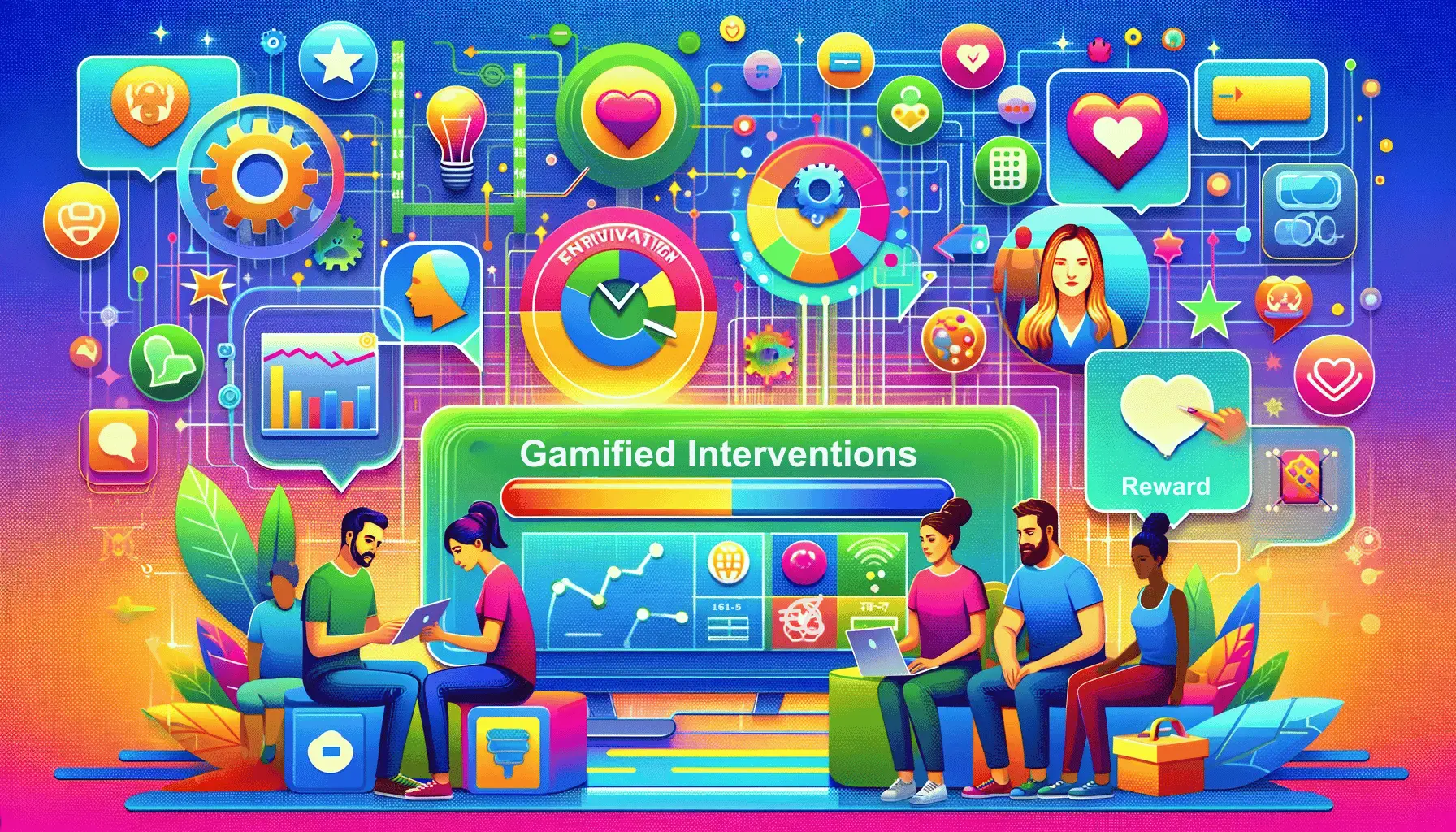In the ever-evolving domain of digital therapy, a captivating innovation is reshaping the journey to improved emotional health and mental well-being: gamified interventions with real-time emotional recognition. Blending the allure of gaming with the profound insights of emotional intelligence, these sophisticated digital solutions offer personalized interventions that dynamically adapt to the ebb and flow of our emotional states. As we navigate our daily lives, encountering stresses and challenges that affect our mental state, these interventions serve as a beacon, guiding us to more positive emotional landscapes with real-time feedback and support.
The power of such technology lies in its ability to create a compelling, engaging experience that resonates on a personal level. It’s like having a coach who understands the intricacies of your emotional world and responds with interventions crafted specifically for you. This individualized approach not only heightens self-awareness but also fosters a deeply interactive learning environment, one in which personal growth and enjoyment go hand in hand.
Key Takeaways
- Interactive gamification techniques bolster emotional health through fun, tailored experiences.
- Interventions using real-time emotional feedback foster deeper self-awareness and immediate growth opportunities.
- Personalized digital therapy promotes mental well-being by providing relevant, real-time interventions.
- Advances in technology empower users with greater emotional intelligence, allowing for more effective emotional regulation.
- Innovative gamified solutions are pivotal for sustaining user engagement to achieve long-term emotional resilience.
Exploring the Landscape of Digital Mental Health Gamification
The integration of gamification into the realm of mental health heralds a new era where digital mental health gamification and personalized interventions converge to create immersive therapeutic experiences. This innovative approach capitalizes on the appeal of gaming to facilitate interactive learning and foster enduring change in the treatment and management of emotional well-being.
The Emergence of Gamified Interventions in Emotional Health
To address the challenges of engagement in mental health therapies, gamified mobile mental health interventions are stepping into the limelight. These interventions integrate the mechanics of gaming, such as achievements and progress tracking, into therapeutic protocols. Consequently, individuals are finding enjoyable ways to engage in their journey towards improved mental well-being, setting the stage for more enduring engagement and participation.
Digital Therapy and the Role of Personalized Interventions
Digital therapy now offers tailor-made experiences that align perfectly with users’ emotional and psychological profiles. By leveraging gamified interventions with real-time emotional recognition, digital platforms can curate a bespoke therapeutic journey. As users navigate through their digital experiences, every interaction, every challenge, and every reward is intelligently designed to meet their specific needs, enhancing the personal relevance and effectiveness of each intervention.
Understanding the Impact of Real-Time Feedback on Mental Well-being
Incorporating real-time feedback within gamified interventions brings an unprecedented level of immediacy and relevance to cognitive behavior therapy techniques. Users can now gain instant insights into their emotional state and embark on therapeutic activities that are dynamically adjusted based on ongoing emotional recognition. This agile approach culminates in a highly responsive and deeply personalized therapeutic process that holds much promise for the future of mental health care.
| Feature | Impact on Mental Well-being | Use in Cognitive Behavior Therapy |
|---|---|---|
| Points and Levels | Enhances motivation through goal-setting | Facilitates measurement of progress |
| Leaderboards | Encourages healthy competition and social connectivity | Promotes community support in behavioral change |
| Real-Time Emotional Recognition | Provides immediate feedback for self-regulation | Enables adaptation of therapeutic exercises in real-time |
Gamified Interventions with Real-Time Emotional Recognition
The future of digital therapy is being boldly reimagined through the lens of gamified interventions with real-time emotional recognition. These state-of-the-art tools are carving out a niche in the mental health technology landscape, utilizing cutting-edge emotional recognition software to adaptively respond to individual emotional states. These innovations are not just games; they’re intentionally crafted experiences that incorporate therapeutic strategies from cognitive-behavioral gamified tools.
Traditionally, mental health treatment might conjure images of a therapist’s office with lengthy discussions of emotional experiences. However, the ever-evolving field of mental health is now seeing the advent of gamification leading to more engaging, motivating, and rewarding therapy options. The blend of virtual reality interventions with real-time emotional recognition technology presents an immersive platform for users to understand and manage their emotions in a safe, controlled environment.

Imagine facing your fears within a virtual world where your emotional reactions are recognized and responded to in real-time, allowing for adjusted therapeutic encounters catered to your immediate needs. The potential of such gamified interventions is immense, presenting a more absorbed and motivated state of engagement for the user, thereby encouraging perseverance and consistency in treatment regimens.
These tools are sophisticated enough to tailor experiences for individuals grappling with various emotional challenges, ensuring that each session is equally effective and engaging. The emotional recognition software seamlessly integrates with the gameplay, providing feedback loops that help users correct and improve emotional state in real-time – a level of personalization nearly impossible to achieve in traditional therapy settings.
Below is a table illustrating some of the benefits and applications of gamified interventions utilizing real-time emotional recognition in cognitive-behavioral therapy:
| Benefits of Gamified Interventions | Applications in Cognitive-Behavioral Therapy |
|---|---|
| Personalized User Experience | Real-time adaptation of therapeutic content based on emotional state |
| Increased Engagement & Retention | Use of game mechanics to maintain user interest in therapeutic tasks |
| Immersion & Interaction | Virtual scenarios elicit genuine emotional responses for therapy |
| Accessible Emotional Health Tools | At-home cognitive-behavioral exercises within a virtual environment |
As these technologies continue to evolve and become more accessible, the ripple effect is a widespread enhancement of emotional well-being. It ushers in new avenues for individuals to explore and manage their mental health in ways that are unique, engaging, and deeply transformational. Cognitive-behavioral gamified tools powered by emotional recognition are not just the next step in digital therapy but perhaps a giant leap forward for mental health care as a whole.
Enhancing Emotional Intelligence Through Interactive Learning
The amalgamation of cutting-edge technologies such as virtual reality interventions and gamified interventions with real-time emotional recognition is carving out new pathways in cognitive behavior therapy. By fostering immersive and interactive learning experiences, these novel cognitive-behavioral gamified tools provide a safe and controlled setting where users can encounter, understand, and manage their emotions. These digital therapeutic advances contribute significantly to users’ emotional intelligence, thereby revolutionizing the traditional approaches to mental well-being.
Virtual Reality Interventions: A New Frontier in Cognitive Behavior Therapy
Immersing oneself in reality-approximating virtual environments opens doors to emotional experiences conducive to healing and growth. Through virtual reality interventions, individuals face simulated scenarios that mirror real-life challenges, allowing them to practice and learn coping strategies in a supportive and responsive setting. The blend of VR’s sensory engagement with gamified elements brings forth a dynamic platform for users to dive deeper into their personal development journey.

Cognitive-Behavioral Gamified Tools: Bridging Fun and Functionality
The infusion of game dynamics into therapeutic contexts has culminated in cognitive-behavioral gamified tools that bring elements of fun, motivation, and interactive learning to users. This potent combination captures user interest and ensures continuity in the otherwise strenuous process of emotional regulation and behavior change. Digital therapy is now more than just an alternative; it’s a compelling facilitator of emotional and psychological resilience.
Case Studies: Success Stories in Gamified Emotional Resilience Programming
Compelling case studies validate the efficacy of gamified approaches in bolstering emotional resilience. From exergames promoting physical activity in youths to VR biofeedback systems targeting anxiety relief, success stories abound. These gamified interventions with real-time emotional recognition showcase the significant impact that combining therapeutic content with engaging mechanics has on accessibility, engagement levels, and effectiveness in mental health care.
Frequently Asked Questions
| Question | Answer |
|---|---|
| Does gamification work because it triggers real powerful human emotions? | Yes, gamification works effectively partly because it engages powerful human emotions. By incorporating game elements like rewards, challenges, and progress tracking, it taps into emotions such as joy, curiosity, and a sense of achievement, which can significantly enhance user engagement and learning. |
| What is gamification and how has it been used in psychological research? | Gamification refers to the application of game-design elements in non-game contexts. In psychological research, it’s used to increase participant engagement, improve data collection, and make therapeutic interventions more interactive and appealing, thereby potentially increasing their effectiveness. |
| What is gamification of mental health for children? | Gamification of mental health for children involves using game-based techniques and interactive technologies to make mental health interventions more engaging for young audiences. It includes activities and tools designed to teach coping skills, emotional recognition, and behavioral strategies in a fun, relatable format. |
| How does the practice of gamification aim to enhance user motivation and/or engagement? | Gamification enhances motivation and engagement by making activities more enjoyable and rewarding. It uses game mechanics like points, levels, and achievements to create a sense of progression and accomplishment, which can motivate users to continue engaging with the task or therapy. |
| Can gamified interventions help in real-time emotional recognition? | Yes, gamified interventions can be instrumental in real-time emotional recognition. By integrating interactive elements and feedback mechanisms, these interventions can help users recognize and understand their emotional states more effectively, contributing to better emotional regulation and mental health. |
| How do gamified interventions compare with traditional therapy methods? | Gamified interventions often provide a more engaging and interactive alternative to traditional therapy methods. While not a replacement for professional therapy, they can supplement it by making mental health care more accessible and appealing, especially for younger populations and tech-savvy individuals. |
| Are there any risks associated with gamification in mental health? | While gamification in mental health has many benefits, there are risks like over-reliance on technology, potential privacy issues, and the danger of trivializing serious mental health conditions. It’s crucial that these interventions are designed ethically and used as part of a broader, professionally guided mental health treatment plan. |
Further Reading
| Title | Link |
|---|---|
| How AI is Used in Mental Health | Read More |
| Is There an AI for Mental Health? | Read More |
| AI in Education Books | Read More |
| AI Personalized Learning | Read More |
| AI Speech Therapy | Read More |
| AI for Educators | Read More |
| AI Tools for Teachers | Read More |
| AI for Language Learning | Read More |
| AI for Autism | Read More |
| Gamification: a Novel Approach to Mental Health Promotion | Read More |
| A systematic review on the efficacy of virtual reality and gamification interventions for managing anxiety and depression | Read More |





